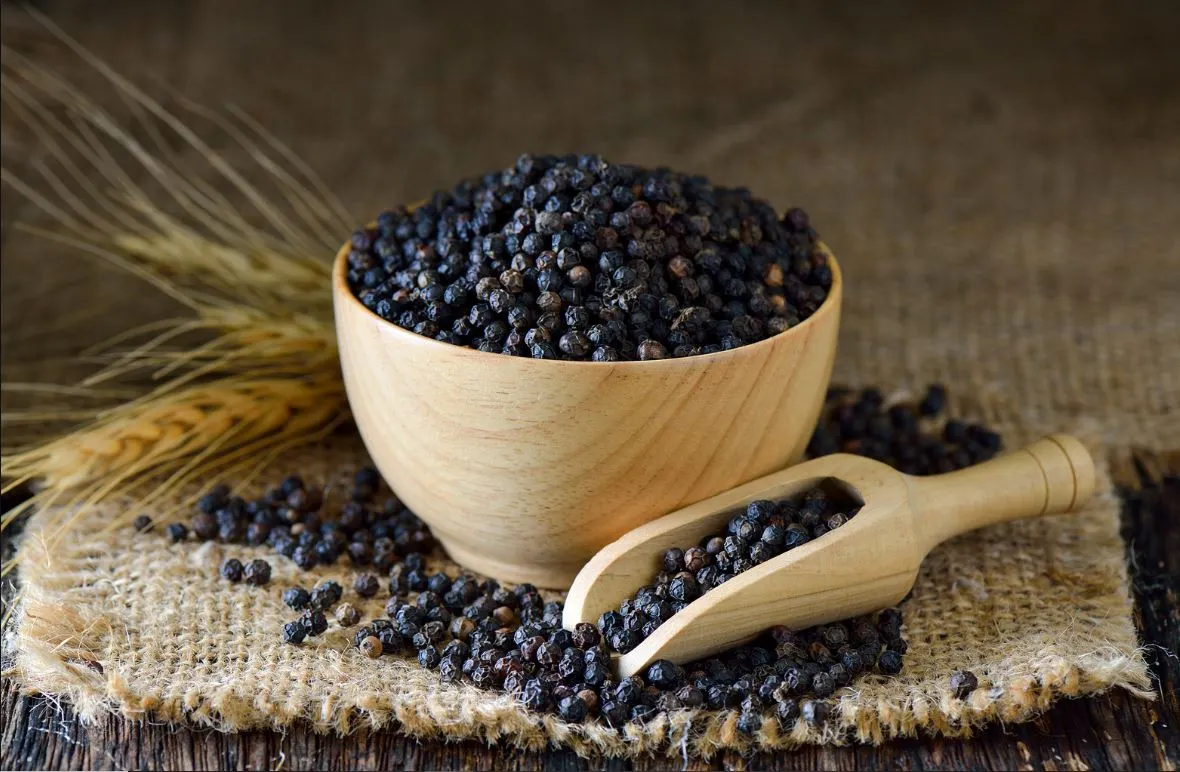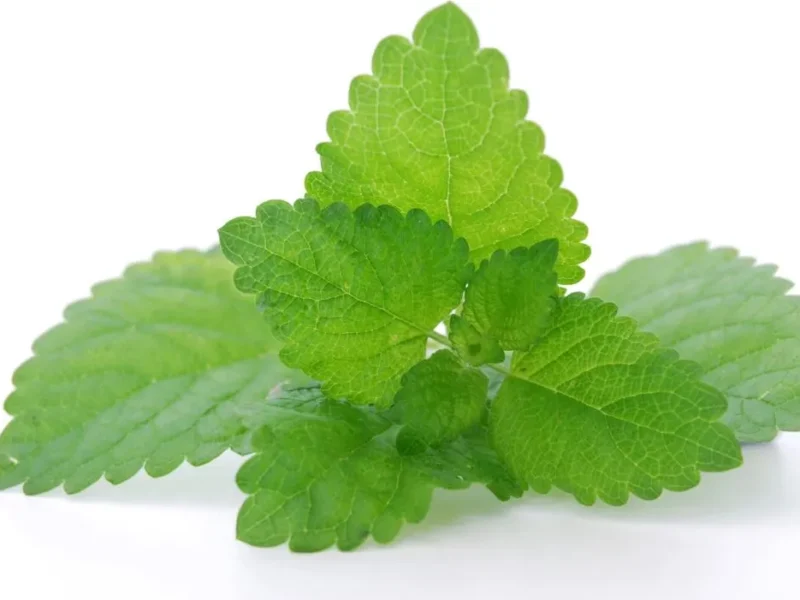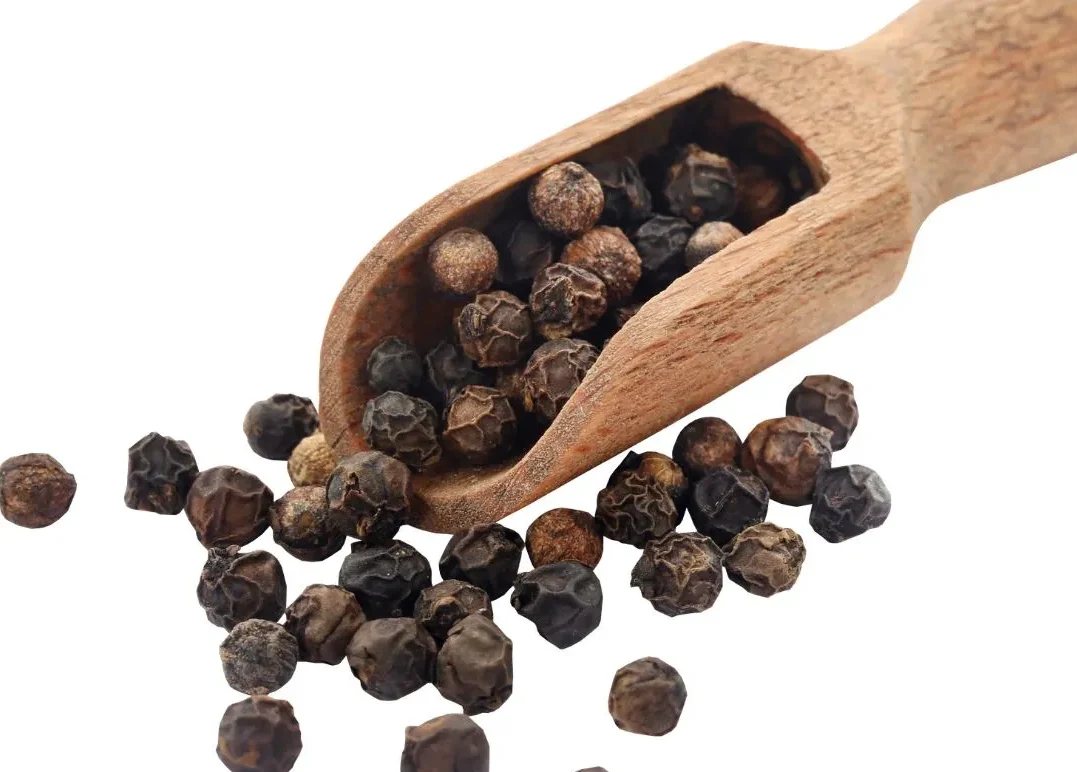Have you heard about the trend of mixing black pepper with milk? This unlikely combination has gained popularity in recent years, with proponents claiming various health benefits. However, as with any dietary trend, it’s important to consider potential drawbacks.
In this post, we’ll explore the possible black pepper with milk side effects, helping you make an informed decision about whether to try this concoction.
What’s Behind the Black Pepper and Milk Trend?
Before diving into the side effects, let’s briefly touch on why people are mixing these two ingredients. Some believe that combining black pepper with milk can boost metabolism, aid digestion, and even help with weight loss.
While these claims are intriguing, it’s crucial to approach them with a critical eye and consider the potential downsides.
Common Black Pepper with Milk Side Effects
When consumed in moderation, black pepper with milk is generally considered safe for most people. However, some individuals may experience adverse reactions. Here are some potential side effects to be aware of:
Digestive Discomfort
One of the most commonly reported black pepper with milk side effects is digestive discomfort. This can manifest as:
- Bloating
- Gas
- Stomach cramps
- Nausea
These symptoms may occur because black pepper can stimulate the production of stomach acid, which some people find irritating, especially when combined with milk.
Allergic Reactions
While rare, some individuals may be allergic to either black pepper or milk. Mixing these ingredients could potentially trigger an allergic response in sensitive individuals. Symptoms of an allergic reaction may include:
- Skin rashes or hives
- Itching
- Swelling of the lips, tongue, or throat
- Difficulty breathing
If you experience any of these symptoms after consuming black pepper with milk, seek medical attention immediately.
Interference with Medication Absorption
Black pepper contains a compound called piperine, which can affect how the body absorbs certain medications. If you’re taking any prescription drugs, it’s essential to consult with your healthcare provider before regularly consuming black pepper with milk, as it could potentially interfere with your medication’s effectiveness.
Increased Heart Rate
Some people report experiencing an increased heart rate after consuming black pepper with milk. This effect is likely due to the stimulating properties of black pepper. If you have a heart condition or are sensitive to stimulants, you may want to avoid this mixture or consume it in small amounts.
Sleep Disturbances
Drinking black pepper with milk, especially close to bedtime, might lead to sleep disturbances for some individuals. The stimulating effects of black pepper could make it harder to fall asleep or result in restless sleep.
Who Should Be Cautious About Black Pepper with Milk?
While many people can consume this mixture without issues, certain groups should be extra cautious or avoid it altogether:
- Pregnant and breastfeeding women: There’s limited research on the safety of consuming large amounts of black pepper during pregnancy or while breastfeeding.
- People with gastrointestinal issues: If you have a sensitive stomach, acid reflux, or other digestive problems, the black pepper with milk combination might exacerbate your symptoms.
- Individuals with milk allergies or lactose intolerance: if you’re allergic to milk or have trouble digesting lactose, you should avoid this mixture or use a suitable milk alternative.
- Those taking certain medications: As mentioned earlier, black pepper can interact with some medications. Always consult your doctor if you’re considering adding this mixture to your regular diet.
Minimizing Black Pepper with Milk Side Effects
If you’re interested in trying black pepper with milk but are concerned about potential side effects, here are some tips to minimize risks:
- Start with small amounts: Begin with a tiny pinch of black pepper in your milk and gradually increase if you tolerate it well.
- Use high-quality ingredients: Opt for fresh, organic black pepper and high-quality milk to reduce the risk of contaminants.
- Don’t overdo it: Moderation is key. Even if you tolerate the mixture well, it’s best not to consume it excessively.
- Listen to your body: If you experience any discomfort or unusual symptoms, stop consuming the mixture and consult a healthcare professional.
Related Guide: Are Red Bell Peppers High in Purines? A Comprehensive Guide (2025)
Conclusion: Weighing the Pros and Cons
While black pepper with milk has gained popularity for its potential health benefits, it’s crucial to be aware of possible side effects. From digestive discomfort to potential allergic reactions, the black pepper with milk side effects can vary from person to person.
Ultimately, whether to try this trend depends on your health status and tolerance. If you’re considering adding black pepper with milk to your diet, it’s always a good idea to consult with a healthcare provider, especially if you have any pre-existing health conditions or are taking medications.
Remember, there’s no one-size-fits-all approach to nutrition. What works for one person may not work for another. By staying informed about potential black pepper with milk side effects and listening to your body, you can make the best decision for your health and well-being.



